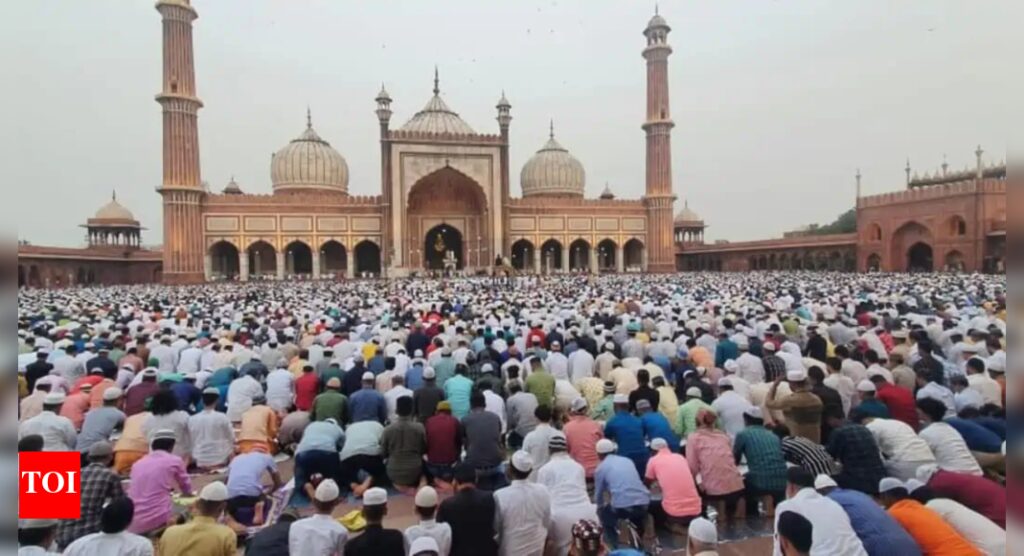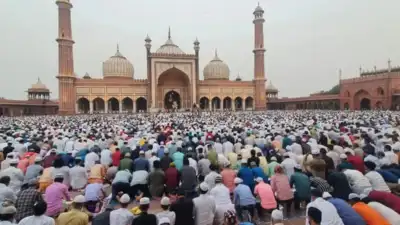What is Yawm al-Arafah? One of the holiest day in Islam before Eid |

As millions of Muslims prepare to celebrate Eid al-Adha, one significant day precedes the grand festival — Yawm al-Arafah. Observed on the ninth day of Dhul Hijjah, the final month of the Islamic calendar, Yawm al-Arafah is considered one of the most sacred days in Islam. Falling this year on June 5, 2025, it holds deep spiritual meaning, especially for those undertaking the pilgrimage of Hajj. Even for Muslims not on pilgrimage, this day is an opportunity to fast, reflect, and seek forgiveness, as it marks the completion of the faith and God’s mercy upon believers.
The meaning of Yawm al-Arafah in Islamic calendar
Yawm al-Arafah, also known as Yawm al-Waqf, translates to “the day of standing.” It refers to a key moment during Hajj when pilgrims gather at Mount Arafat and stand in earnest prayer, seeking divine mercy and forgiveness. This standing, from noon to sunset, is considered the heart of the pilgrimage, symbolising submission and connection with God.
A day of spiritual reward for all Muslims
While the rituals at Mount Arafat are for those on Hajj, Muslims worldwide are encouraged to participate spiritually by fasting and dedicating the day to worship. Fasting on Yawm al-Arafah is believed to erase the sins of the past year and the year to come, according to Hadith. It is a voluntary act, but highly recommended, especially for those not performing Hajj.
How the day is observed
Muslims who choose to fast begin their day with a pre-dawn meal known as suhoor and avoid food and drink until sunset. The day is filled with prayer, reading the Quran, and acts of charity. At sunset, the fast is broken with iftar. Families may gather for this meal, using the day to strengthen both faith and family ties.
Link to Eid al-Adha and the story of sacrifice
Yawm al-Arafah comes just before Eid al-Adha, which begins on the tenth day of Dhul Hijjah. Eid al-Adha commemorates Prophet Abraham’s willingness to sacrifice his son in obedience to God. The story highlights devotion and submission to divine will — a theme deeply echoed in the rituals of Yawm al-Arafah. On Eid, Muslims offer Qurbani, the sacrifice of an animal, and share the meat with the poor.
A time of unity and reflection
Nearly two billion Muslims around the world observe this day with a shared sense of faith and purpose. Whether at Mount Arafat or in their homes, the spiritual unity and intention of seeking closeness to God make Yawm al-Arafah one of the most honoured days in Islam. It sets the tone for Eid, reinforcing gratitude, generosity, and humility.








